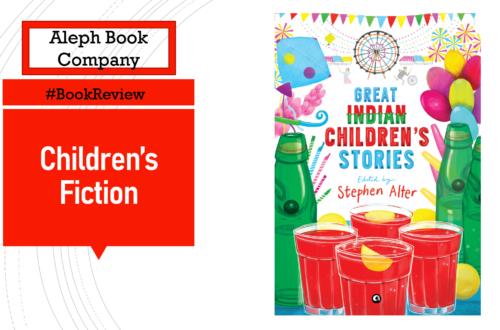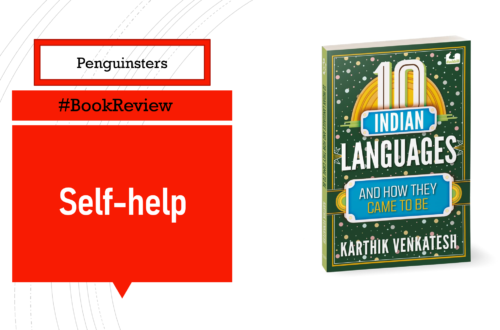#Review: Graffiti on the Window by Alexej Savreux
Graffiti on the Window
Poet: Alexej Savreux
Publisher: Self-published
Rating: 4/5
“Graffiti on the Window” is a deeply personal and eclectic collection of writings by Alexej Savreux, who has been diagnosed with schizophrenic and manic-depressive illnesses. The book combines intense emotions, raw torment, and despair with more refined and universal themes. It reflects the author’s experiences from 2008 to 2013, including a manic episode, and incorporates references to insanity, bravado, masochism, and despondency. The title references the author’s time as an undergraduate student in Kansas, where he engaged in unconventional artistic endeavours. The cover image pays homage to Francisco Goya’s chaotic and mad artwork. Overall, the book explores obscure, arcane, and nightmarish spheres, influenced by the author’s mental illness and artistic exploration.
As varied and complicated as the writings appear in this collection, it is only right to admit that not all verses are comprehensible. I have tried my best here to understand what the poet probably feels during those critical moments of absolute helplessness when the mind goes into a spiral and refuses to get tamed by any tangible or intangible boundary. Some passages portray a vivid scene of a jousting match, filled with intense violence and mock warfare, where the knights refuse to cease despite injuries and exhaustion, echoing the spirit of the gladiators from the movie Gladiator. And then there’s a section that’s a passionate and intense expression of defiance against the traditional Homeric writing style. The speaker rejects the idea of following in the footsteps of Homer and instead embraces a more aggressive and confrontational approach to their words. He compares their writing to a violent assault, using vivid imagery of firearms and robberies to convey their intent. The text also references a duel between two knights, symbolising a battle of ideas. The speaker challenges the notion of entertainment and questions the consequences of such destructive games. Overall, the text conveys a rebellious and confrontational tone, rejecting traditional norms and embracing a more forceful and provocative style of expression.
A mixture of poetic expression and a fragment of a psychological evaluation, Alexej’s play with words and some significant motifs challenge the readers’ state of being. It begins with imagery of savage saints and the cleansing of neural hardwiring. The speaker emphasizes the necessity of violence and rock-throwing as the only means to change. He mentions the end of history and the emergence of new dawns, urging against being a noose around humankind’s neck. The text then transitions into a fragment of a psychiatric evaluation, mentioning delusions and the patient’s preoccupation with God and salvation. Overall, the text combines vivid imagery, philosophical musings, and a glimpse into a psychiatric assessment, touching upon themes of rebellion, spirituality, and mental health.
Sometimes the expression is abstract as it the poetry delves into themes of imagination, creativity, self-discovery, and the pursuit of knowledge. It portrays a journey of the mind and spirit, where individuals, like poets and artists, explore the depths of their thoughts and emotions. They imagine realms of angels and eagles, push boundaries and seek profound experiences.
Some poems also highlight the power of imagination and the desire to understand the mysteries of life. They speak of the pursuit of wisdom and the intoxicating nature of creativity. There are references to historical figures, the exploration of the universe, and a longing for transcendence.
Overall, the text conveys a sense of wonder, passion, and the relentless quest for knowledge and artistic expression. It celebrates the journey of the human spirit, even in the face of existential uncertainties and the fleeting nature of existence.
Indeed, poetry has a remarkable ability to transcend the boundaries of logic and rationality. Its complexities and ambiguities can be both perplexing and captivating, leading us into a realm where the rules of conventional thinking may not apply. This can be both exciting and disorienting, as poetry has the power to challenge our preconceived notions and ignite our imagination.
Poetry’s complexities can be misleading, leading us down unexpected paths and defying our expectations. Yet, it is often within these convoluted intricacies that the true beauty of poetry lies. Through its enigmatic language and unconventional structures, poetry can evoke powerful emotions, provoke introspection, and challenge societal norms. It can push us to question the status quo, explore new ideas, and imagine alternative realities.
Alexej Savreux ‘s Graffiti on the Window is difficult to come to grips with, at least most of it is. There’s a lingering bit of honesty and genuity that urges you to explore the poet’s mind by deciphering the metaphors and hyperboles he uses throughout the book.
Best wishes to the poet!
Buy this book from here: Amazon




